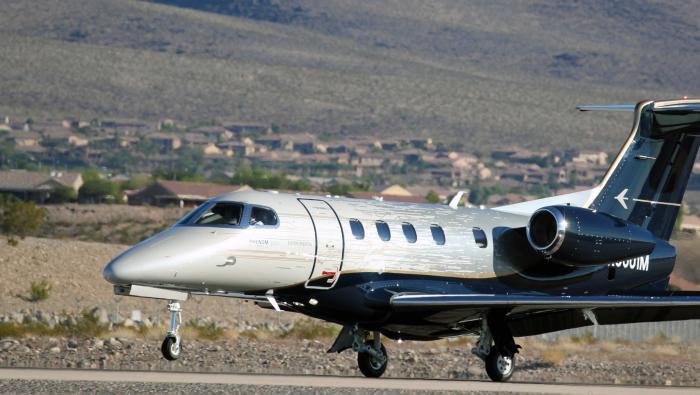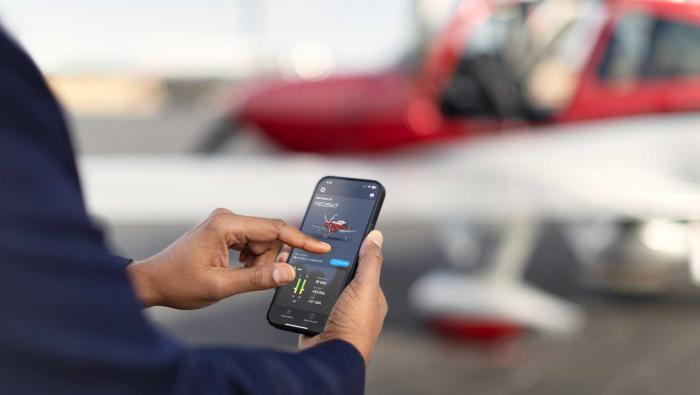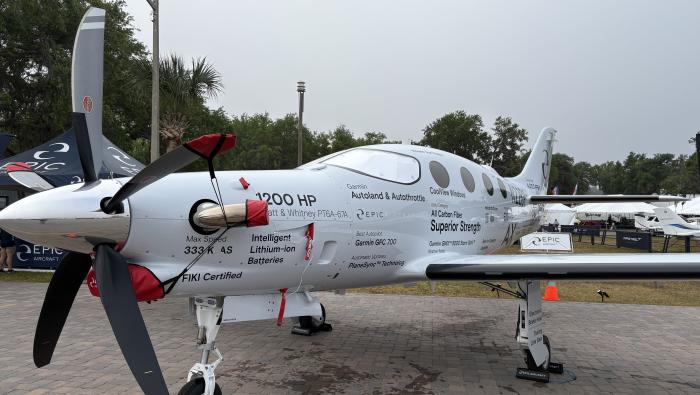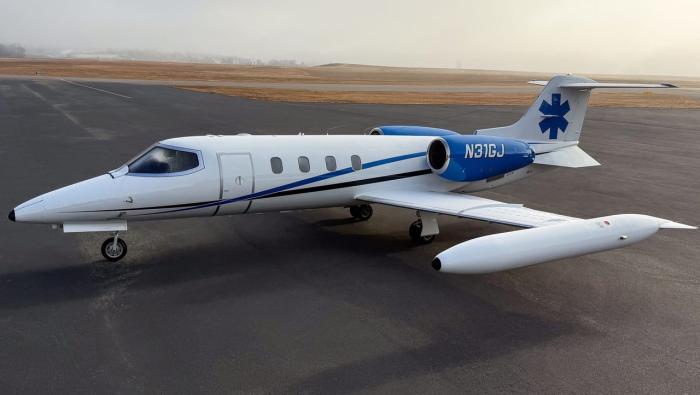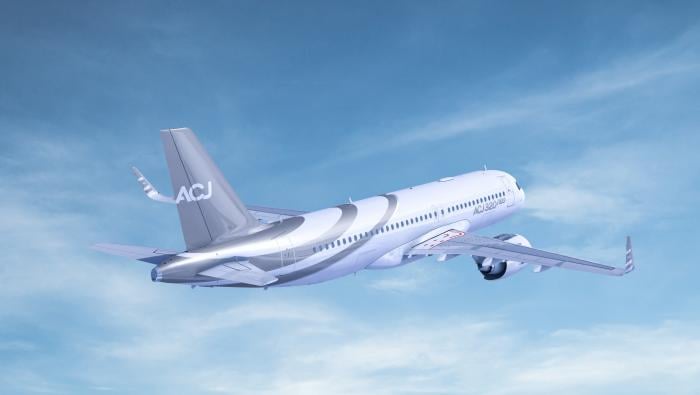Sandpoint, Idaho-based Quest Aircraft is making plans to gradually increase production and firm up concepts for a second aircraft in its product line under new ownership. The company was sold February 17 to Japanese firm Setouchi Holdings. Setouchi plans to keep the current leadership intact and continue manufacturing in Sandpoint.
In fact, Quest president and CEO Sam Hill emphasizes that the company’s vision and mission remain unchanged. “Quest is the same company it has been,” Hill said. But the new ownership provides much needed capital to enable the company to add products, continue product improvements and expand production.
Setouchi comes from a manufacturing conglomerate. Its parent is Tsuneishi Group, engaged in shipbuilding, transportation and related industries. But its relationship with Quest began as a regional dealer.
Quest named Setouchi’s subsidiary, Setouchi Trading, an authorized dealer last summer, representing the Kodiak in Japan and parts of Southeast Asia. At the time Quest had been in search of additional investments.
Quest had recapitalized in 2011. But as it became more successful, it still needed financing to realize its long-term ambitions. Setouchi took a strong interest, Hill said. But after researching the company, Setouchi executives decided that they weren’t interested in a minority share; they wanted to buy the company. The Quest board of directors decided Setouchi was a good fit for the company and moved forward with an agreement, Hill said.
Product Enhancements and New Products
The investment is propelling the company’s research and development efforts. “We have always said we didn’t want to be a one-aircraft company,” Hill said. The company is contemplating its “next logical step.” While that step has not yet been fully defined, he said the company plans to stay true to its roots as a turboprop aircraft manufacturer. “Our background is the Kodiak. That is the niche where we want to stay. We’re not looking to be a manufacturer of a light jet.”
He could not specify the timing of the next product and said that while the acquisition is a step toward that end goal it does not put all the necessary financing in place.
The company already has a busy research and development effort under way for the Kodiak. In the past year it received FAA approvals for the integration of the Garmin GFC 700 automatic flight control system, the new Summit Executive interior, a TKS Tank deicing installation in the Kodiak cargo pod, an increase of the landing weight to 7,255 pounds and installation of dual-use USB ports. Those product improvement efforts are continuing, he said, with new product enhancements set to roll out this year.
Southeast Asia Market
Another benefit of the new ownership, Hill said, is the footprint it will give the company in Southeast Asia. Quest already has a number of aircraft in the field in Southeast Asia performing missionary work, but the company is eying growth in commercial, government and private markets throughout the region.
He added he believes the Kodiak, with its short-field takeoff and landing capabilities and the option of floats, works well with the region and the airports. The 10-place turboprop single can leave the ground in less than 1,000 feet at max takeoff weight.
While Setouchi represents the Kodiak in Japan and parts of Southeast Asia, Hill emphasized that the Japanese company fully supports Quest’s previously announced letter of intent (LOI) with SkyView Aircraft Industry for representation and eventual manufacturing of the Kodiak. Under that agreement, SkyView is the exclusive dealer for Kodiak in China, Hong Kong, Macau and Taiwan.
The companies are hoping to turn that LOI into a firm agreement, possibly this year. Without providing specifics, Hill said the companies are approaching the agreement over three phases, from dealership to assembly of partially built kits to eventual manufacturing. But he did not have a definitive timeline, saying it could take three years or more to get a manufacturing facility up and running in China.
The deal builds on a strategy the company put in place more than 18 months ago to bolster its international presence, particularly in China. He added that growth in the region “is going well.” Three operators in the country are flying Kodiaks so far, and more in the pipeline might come to fruition this year. The companies expected 10 aircraft to be delivered to SkyView customers in 2014 and 2015.
China is one of 17 countries that have validated the aircraft. One of the next significant validations Quest hopes to secure is from the European Aviation Safety Agency, enabling the company to tap into the European market. Quest announced its first dealership in Europe, Rheinland Air Service, in December.
Along with the new validations, Quest is taking a look at its network with plans to realign and add representatives where it has gaps. This primarily will be through new dealerships, but Hill said company representatives might be appointed for areas where they are needed.
While Quest moves to extend its international reach, Hill concedes that the global economy remains a tough one. “We keep thinking the economy is bouncing back, but globally it is still down.”
Against this backdrop, the company is cautiously preparing an expansion of production. Quest delivered 30 Kodiaks last year, the most in any year since the airplane entered service in late 2007. The company plans to produce 32 aircraft this year but could scale that up to 36. Quest has already discussed potential production increases and scalability with its new owners, he said.
The company also is looking at production processes with its new owners. Setouchi’s parent company has a broad background in manufacturing, and Hill said Quest is learning new approaches to lean manufacturing and processes where it can make the most of its capabilities without having to expand its facilities, he said.
Setouchi is teaming with Quest on the strategic direction of the company, and Hill emphasized “they have similar goals for us.” When Quest announced the sale to Setouchi, Hill noted that “its corporate philosophy is similar to ours in how it treats its customers and employees and in how it views its place in the world.”
This includes continued backing for a Quest keystone: support of humanitarian and missionary groups. The Kodiak was specifically designed to support those types of operation, and Quest provides discounts and other support for the organizations. Those activities remain an important part of the company, Hill said, pointing out that of the 136 or so aircraft delivered, 25 have gone to missionary and/or humanitarian organizations.
